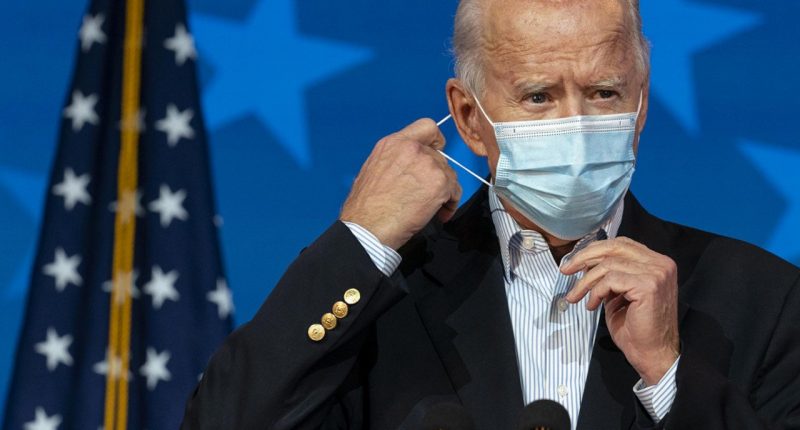- The U.S. has backed an idea to waive intellectual property (IP) protections for COVID-19 vaccines to make them more accessible to developing countries
- The decision comes as South Africa and India, together with over 100 other countries, lead a push to the WTO to remove IP protections from the jabs
- The purpose of this move is to make it easier for developing countries to access the vaccine
- U.S. Trade Representative Katherine Tai said the Biden administration supports the waiver because “the extraordinary circumstances of the COVID-19 pandemic call for extraordinary measures”
- The U.S. is home to some of the world’s biggest pharmaceutical companies and has historically been a staunch defender of IP rights for medicines and vaccines
- While the companies that created the vaccines have not yet responded to the U.S.’ decision, they have previously opposed the waiver of IP protections
- AstraZeneca, which sells its vaccine at cost, said the removal of IP protections could compromise the quality and safety of the jab
- Meanwhile, House Republicans urged the Biden administration last week to oppose the waiver
The U.S. has backed an idea to waive intellectual property (IP) protections for COVID-19 vaccines to make them more accessible to developing countries.
India and South Africa, together will over 100 other countries, have led the push for the World Trade Organisation (WTO) to remove patent and IP protections from vaccines to make them easier to manufacture in-house, meaning countries struggling to contain the vaccine do not need to rely on imports.
This week, United States Trade Representative Katherine Tai said the Biden administration supports this move and will negotiate with the WTO to make it happen.
“This is a global health crisis, and the extraordinary circumstances of the COVID-19 pandemic call for extraordinary measures,” the Trade Representative said.
“The administration believes strongly in intellectual property protections, but in service of ending this pandemic, supports the waiver of those protections for COVID-19 vaccines,” she said.
She said the U.S. will take part in “text-based” negotiations with the WTO, though she admitted its likely the negotiations will take some time given the complexity of the issues at hand.
“The administration’s aim is to get as many safe and effective vaccines to as many people as fast as possible.”
The U.S. is home to some of the world’s biggest pharmaceutical companies and has historically been a staunch defender of IP rights for medicines and vaccines.
As such, the change in tone around the COVID-19 jab is a “monumental moment” for the country, according to Director-General of the World Health Organisation Tedros Adhanom Ghebreyesus.
This is a monumental moment in the fight against #COVID19. The commitment by @POTUS Joe Biden & @USTradeRep @AmbassadorTai to support the waiver of IP protections on vaccines is a powerful example of 🇺🇸 leadership to address global health challenges. pic.twitter.com/3iBt3jfdEr
— Tedros Adhanom Ghebreyesus (@DrTedros) May 5, 2021
Waiver opposition
So far, the companies behind the creation of the vaccines have not responded to the U.S.’ decision, but they have previously opposed waiving IP protections — and they claim it’s not just about profit.
AstraZeneca said last month patent waivers could compromise the quality of the jab and make them less safe for administration.
AstraZeneca currently sells the vaccines at cost and claims by removing the patent and intellectual property protections, the company can’t monitor the safety and quality standards of manufacturing the vaccine.
Meanwhile, House Republicans urged the Biden administration last week to oppose the waiver, claiming the request by South Africa and India is an “extraordinarily broad and unnecessary” way to get people around the world vaccinated.
“Rather, the waiver would undermine the very innovation that has led to the record-breaking rapid development of COVID-19 vaccines already saving lives around the world, and it would not meaningfully improve vaccine availability,” the letter said.
The Republican representatives argued that respect for IP rights has been a “cornerstone” of U.S. trade policy for decades and, in any case, waiving the IP protections will not impact the global vaccine distribution.
“The justification for the waiver rests on an incorrect assumption that IP rights are a significant bottleneck to the widespread availability of COVID-19 vaccines and treatments.”







